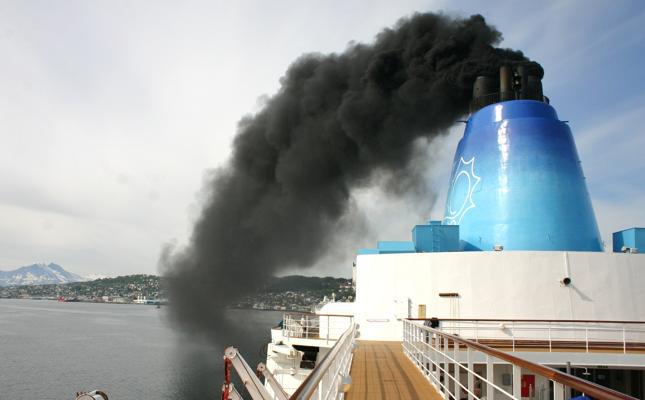The International Chamber of Shipping (ICS) has said that port state control authorities will begin to enforce the International Maritime Organisation (IMO) 2020 sulphur regulation from March 1, making it an offense for ships to carry fuel that contains a sulphur content higher than 0.5 percent unless the ship has an exhaust gas cleaning system.
ICS, in a statement, reminded shipowners and operators of the impending ban and reiterates the fact that any ships found to be non-compliant face the prospect of detention.
As of March 1st, enforcement agencies will no longer have to prove usage. Showing that vessels without Exhaust Gas Cleaning Systems have non-compliant fuel aboard will be enough to prove a violation. Major port state regimes including Paris MoU, Tokyo MoU and the United States Coast Guard (USCG), have made it plain that they will rigorously enforce the requirements.
ICS Secretary General, Guy Platten, said, “Since the introduction of IMO 2020 on 1st January, ships have been given a ‘grace period’ while the industry transitions to low-sulphur fuel. As of 1st March this will no longer be the case. Any ship found in non-compliance faces the prospect of serious fines and even detention.
“The International Chamber of Shipping has been made aware that major port State inspection regimes including the United States Coast Guard (USCG) and the Australian Maritime Safety Authority (AMSA) have made it clear, in no uncertain terms, that detention of ships found to be non-compliant is both possible and legally permissible.
“The information ICS has received is that shipowners are fully compliant and ready for the 1st March. We are simply reminding shipowners and operators that these new rules will come into force as of Sunday 1st March”
ICS is the principal international trade association for merchant shipowners and operators, representing all sectors and trades and over 80% of the world merchant fleet.
